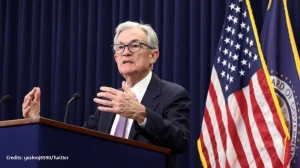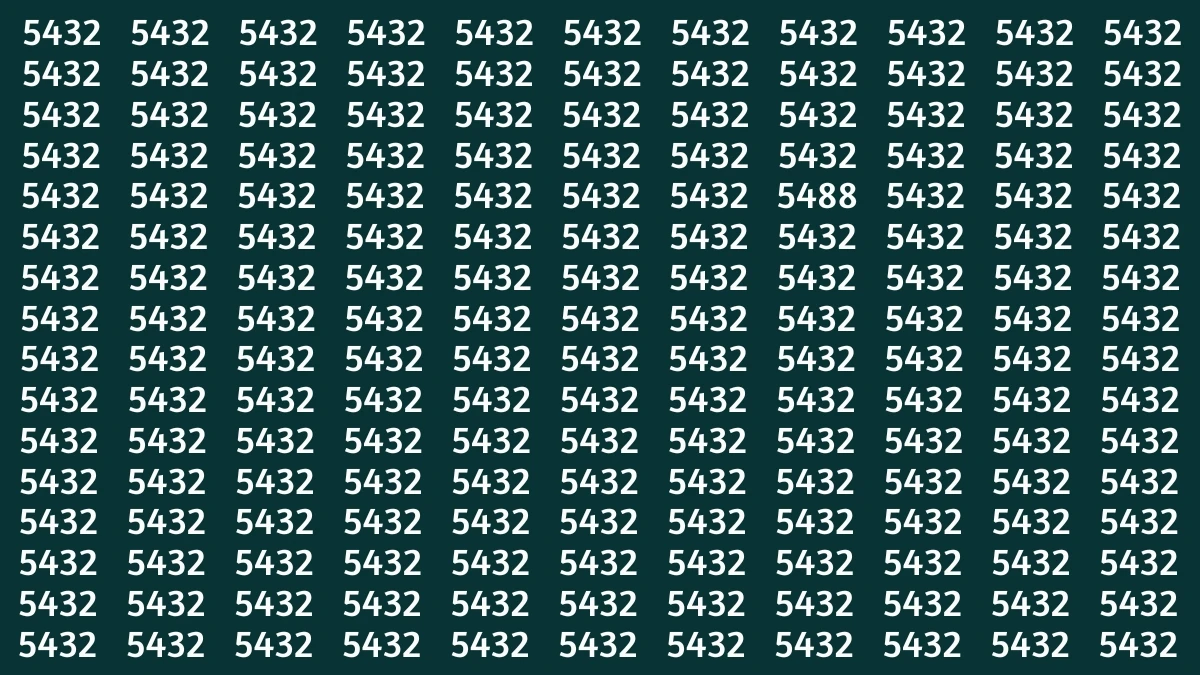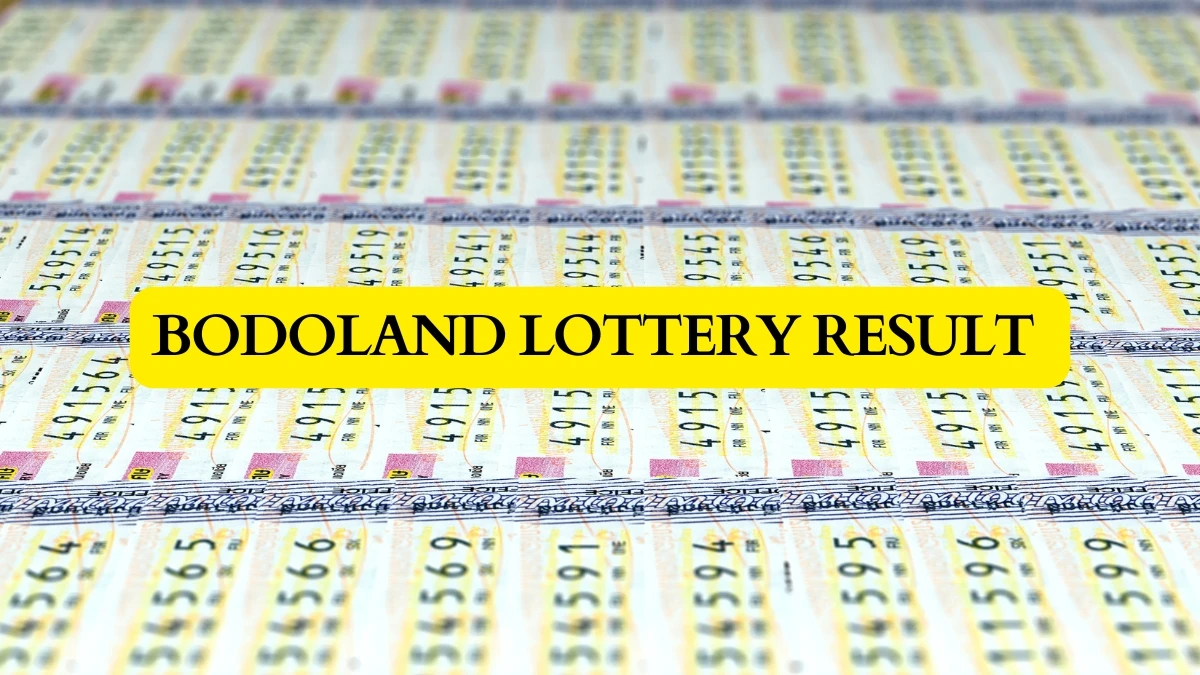Stocks are rising on Wall Street, even as President Donald Trump's latest tariffs kicked into effect on dozens of countries.
The S&P 500 was 0.5 per cent higher in early trading Thursday and sitting just a bit below its record, which was set last month.
The Dow Jones Industrial Average was up 226 points, and the Nasdaq composite was 0.8 per cent higher.
Worries are still high that Trump's tariffs are damaging the economy, but hopes for coming cuts to interest rates and a torrent of stronger-than-expected profit reports have been overshadowing those concerns.
Stock indexes also rose across much of Europe and Asia.
There are already indications that the chaos surrounding erratic US trade policy is having a negative impact on the economy. The hope on Wall Street is now that interest rate cuts are on the way to offset what may be slower growth, in the US and overseas, because of the tariffs.
Stronger-than-expected profit reports from US companies have helped steady the market as well.
DoorDash climbed 9 per cent overnight after the food delivery app easily beat Wall Street's profit expectations as its second-quarter revenue rose 25 per cent. The company issued strong third-quarter earnings guidance and noted that it has not spent any of the USD 5 billion its board authorised for stock buybacks in February.
DoorDash shares are up 66 per cent so far this year.
Drugmaker Eli Lilly tumbled 7 per cent in premarket despite strong earnings from the drugmaker. The drag on its stock was related to the company's latest update on the results from a late-stage study of orforglipron, its potential pill version of the popular weight-loss drug Zepbound.
Researchers found that people taking the pill daily at the highest dose lost about 27 pounds on average, however, more than 10 per cent of those patients stopped taking the drug due to side effects.
Airbnb shares fell 6 per cent after it beat analysts' third-quarter sales and profit expectations but issued tepid guidance for the remainder of 2025. The company said it expects profit margins in the second half of the year to take a hit as it invests in growth and policy initiatives.
Duolingo, the language-learning app, soared 25 per cent in off-hours trading after it crushed Wall Street's profit expectations. The company said its subscription revenue grew 46 per cent over the same period last year.
Coming later Thursday is the government latest data on weekly jobless benefit applications, which serves as a stand-in for layoffs. It's the first government labour market data release since a grim July jobs report sent markets spiralling on Friday.
At midday in Europe, Germany's DAX rose 1.7 per cent, while in Paris, the CAC 40 added 1.3 per cent.
Britain's FTSE 100 shed 0.8 per cent after the Bank of England cut its main interest rate Thursday by a quarter percentage point to 4 per cent in an attempt to juice the sluggish UK economy. The rate cut was widely expected as the central bank tries to control inflation against concern that rising taxes and Trump's global trade war may slow economic growth.
Policymakers decided to cut rates even though consumer prices rose 3.6 per cent in the 12 months through June, significantly above the bank's 2 per cent target. The bank sees the recent rise in consumer prices as a temporary spike, due in part to high energy costs, and expects inflation to fall back to the target next year.
In Asian trading, Japan's benchmark Nikkei 225 added 0.7 per cent to 41,059.15.
Hong Kong's Hang Seng climbed 0.7 per cent to 25,081.63, and the Shanghai Composite added 0.2 per cent to 3,639.67. China reported that its exports picked up in July, helped by a flurry of shipments by businesses taking advantage of a pause in Trump's tariff war with Beijing.
South Korea's Kospi rose 0.9 per cent to 3,227.68, while the S&P/ASX 200 in Australia shed 0.1 per cent to 8,831.40.
India's Sensex gave up 0.8 per cent after Trump ordered tariffs on imports from the world's most populous nation to rise to 50 per cent, citing its crude oil imports from Russia.
Trump also declared 100 per cent tariffs on computer chips with an exemption for US investments. Apple's shares rose 5.1 per cent on Wednesday ahead of a White House event where it announced an increase to its US investments of an additional USD 100 billion over the next four years.
Mizuho Bank, in a commentary, said the Trump's exemption from 100 per cent tariffs on semiconductors for those with investments in US production means some US trading partners may be able to use their investments in the US as a bargaining chip.
Taiwan's Taiex jumped 2.4 per cent as shares in market heavyweight Taiwan Semiconductor Manufacturing Corp surged 4.9 per cent.
TSMC is the world's largest contract maker of computer chips and it has been ramping up its investments in US factory capacity, helping to alleviate the impact from higher tariffs.
South Korean chipmakers also saw strong gains, with Samsung Electronics jumping 2.5 per cent after the government said its products would also be subject to the exemption.
In energy trading, benchmark US crude gained 23 cents to USD 64.58 a barrel. Brent crude, the international standard, added 28 cents to USD 67.17 a barrel.
The US dollar rose to 147.47 Japanese Yen from 147.36 Yen. The Euro cost USD 1.1642, down from USD 1.1661.
This report includes content sourced from Press Trust of India (PTI), edited for clarity and context.

